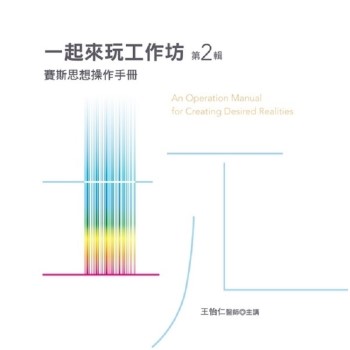This book investigates rhetorical and representational practices that were used to monitor English law at the turn of the seventeenth century. The late-Elizabethan and early-Jacobean surge in the policies and enforcement of the reformation of manners has been well-documented. What has gone unnoticed, however, is the degree to which the law itself was the focus of reform for legislators, the judiciary, preachers, and writers alike. While the majority of law and literature studies characterize the law as a force of coercion and subjugation, this book instead treats in greater depth the law’s own vulnerability, both to corruption and to correction. In readings of Spenser’s Faerie Queene, the Gesta Grayorum, Donne’s ’Satyre V’, and Shakespeare’s Measure for Measure and The Winter’s Tale, Strain argues that the terms and techniques of legal reform provided modes of analysis through which legal authorities and literary writers alike imagined and evaluated form and character.
| FindBook |
|
有 1 項符合
Strain,Virginia Lee的圖書 |
 |
$ 7500 | Legal Reform in English Renaissance Literature
出版社:Strain,Virginia Lee 出版日期:2018-03-05 語言:英文 規格:精裝 / 16.5 x 24.1 x 1.3 cm / 普通級  看圖書介紹 看圖書介紹
|
|
|
圖書介紹 - 資料來源:博客來 評分:
圖書名稱:Legal Reform in English Renaissance Literature
|





![塔木德:猶太人的致富聖經[修訂版]:1000多年來帶領猶太人快速累積財富的神祕經典 塔木德:猶太人的致富聖經[修訂版]:1000多年來帶領猶太人快速累積財富的神祕經典](https://media.taaze.tw/showLargeImage.html?sc=11100697818)





